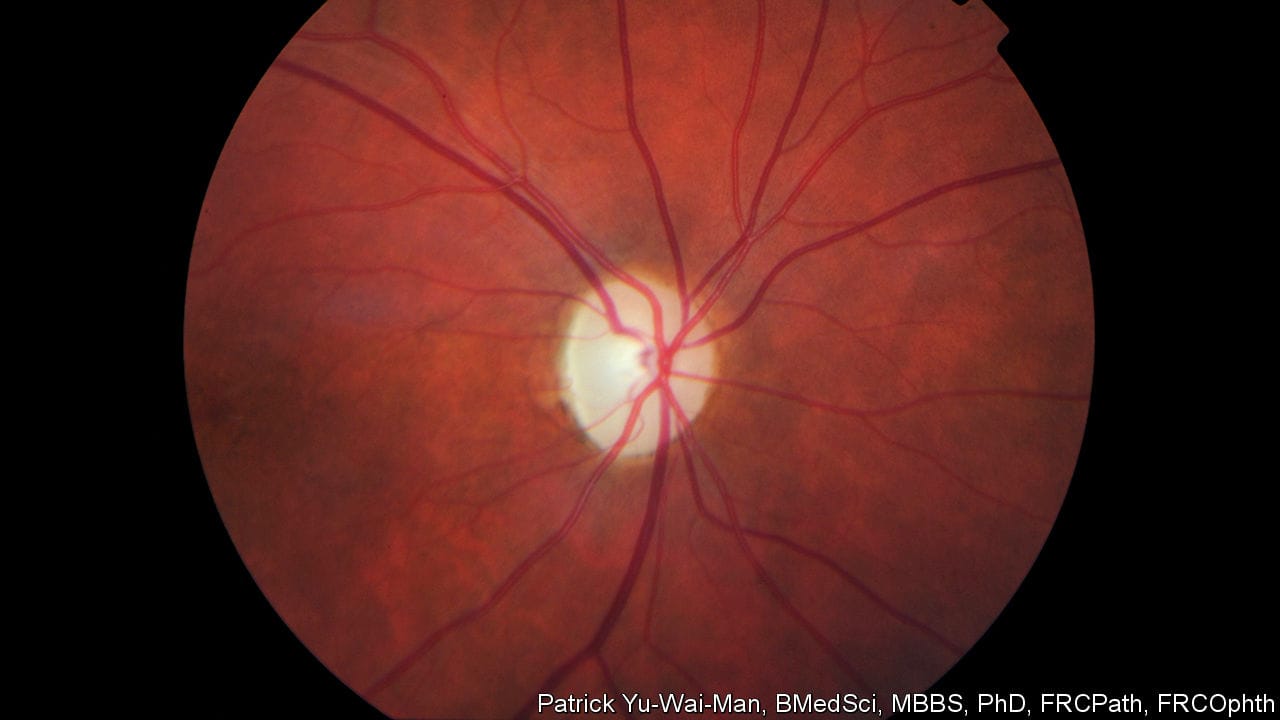- by
- 07 24, 2024
-

-
-
Loading

Loading

IN THE TEXTBOOKSLHON, science is simple. You come up with an idea, put it to the test, and then accept it or reject it depending on what your experiments reveal. In the real world, though, things are rarely that straightforward, as a paper just published in shows. In it, a group of researchers led by Patrick Yu-Wai-Man, an ophthalmologist at Cambridge University, investigated a promising new genetic therapy for a hereditary form of blindness. Officially, their study was a failure, for their experiment did not show what the researchers hoped it would. But it was also a smashing success, for 29 of the 37 participants reported big improvements in their vision.The disease in question is Leber hereditary optic neuropathy (). A defective gene in a sufferer’s mitochondria—the tiny structures that provide a cell’s energy—causes retinal cells to die. That leads to sudden and rapid loss of sight, with many sufferers becoming legally blind within a year. It affects between one in 30,000 and one in 50,000 people. Men in their 20s and 30s are particularly susceptible. Treatment is limited and not particularly effective.